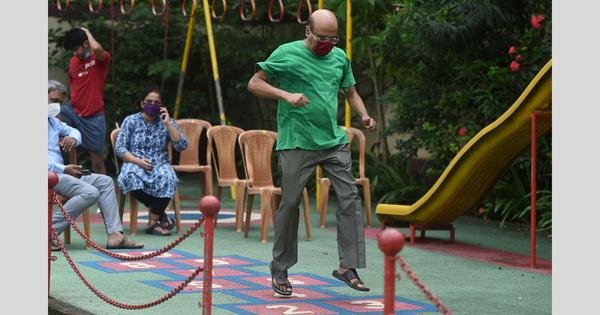Boost Your Brain Health: The Power of Exercise
Exercise for a Sharper Mind
Instead of relying on puzzles or brain-training apps, research shows that exercise is a top way to enhance memory, focus, and overall brain health. Our recent study analyzed data from over 250,000 participants across 2,700 studies, revealing that various physical activities, such as walking, cycling, yoga, dancing, or even playing active video games like Pokémon GO, significantly improve brain function.
Regardless of age, physical activity enhances cognition, decision-making, memory, and focus.
What the Research Shows
Our review supports numerous studies demonstrating that regular physical activity enhances three key areas of brain function:
- Cognition: the ability to think clearly, learn, and make decisions
- Memory: particularly short-term memory and personal experience recall
- Executive function: focus, planning, problem-solving, and emotion management
We conducted an umbrella review, examining results from over 130 high-quality research reviews that combined findings from many exercise studies. These studies typically involved people starting a new, structured exercise program rather than tracking their existing exercise habits.
To assess the effects on cognition, memory, and executive function, the original studies used various brain function tests, such as remembering word lists, solving puzzles, or quickly switching between tasks.
The improvements were small to moderate. On average, exercise led to a noticeable boost in cognition, with slightly smaller but still meaningful gains in memory and executive function.
Children and teenagers saw significant improvements in memory, while people with attention-deficit hyperactivity disorder (ADHD) showed greater improvements in executive function after physical activity compared to other population groups.
Many people experienced improvements after just 12 weeks of regular exercise. The greatest benefits were seen in those doing at least 30 minutes of exercise on most days of the week, totaling about 150 minutes per week.
The Brain-Exercise Connection
Activities like walking or cycling can increase the size of the hippocampus, the part of the brain responsible for memory and learning. In one study, older adults who did aerobic exercise for a year grew their hippocampus by 2%, effectively reversing one to two years of age-related brain shrinkage.
More intense workouts, such as running or high-intensity interval training, can further boost neuroplasticity, the brain’s ability to adapt and rewire itself. This helps you learn more quickly, think more clearly, and stay mentally sharp as you age.
Another Reason to Get Moving
By 2030, one in six people will be aged over 60, increasing the risk of dementia, Alzheimer’s disease, and cognitive decline. At the same time, many adults aren’t meeting the recommended levels of physical activity.
Adults should aim for at least 150 minutes of moderate exercise, such as brisk walking, each week, or at least 75 minutes of more vigorous activity, like running. It’s also important to incorporate muscle-strengthening exercises, such as lifting weights, into workouts at least twice a week.
Everyday Movement Counts
Lower-intensity activities such as yoga, tai chi, and “exergames” (active video games) can be just as effective, sometimes even more so. These activities engage both the brain and body, requiring focus, coordination, memorizing sequences, and real-time decision-making.
Although daily life activities contribute to overall movement, it’s still essential to find time for structured exercise, such as lifting weights at the gym or doing a regular yoga class, to get the full benefits for your brain and body.
Real-life Applications
If you’re a grandparent, consider playing Wii Sports virtual tennis or bowling with your grandchild. If you’re a teenager with signs of ADHD, try a dance class and see if it impacts your concentration in class. If you’re a busy parent, you might be more clear-headed if you can squeeze a 20-minute yoga video session between meetings.
In each of these cases, you’re not just being active; you’re giving your brain a valuable tune-up. And unlike most brain-training apps or supplements, exercise delivers far-reaching benefits, including improved sleep and mental health.



